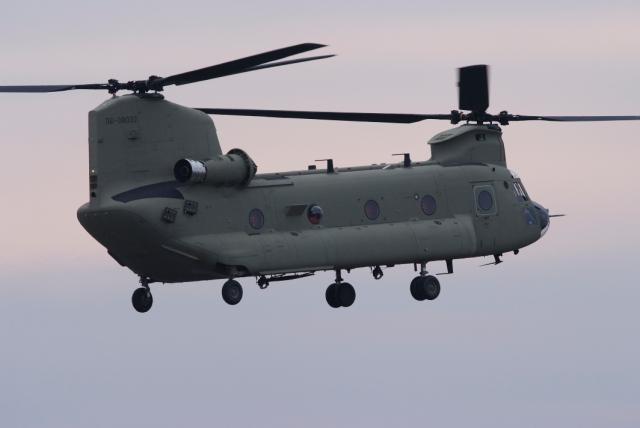
The Boeing Company is restructuring its Boeing Military Aircraft (BMA) business from 1 October, involving a consolidation from six divisions to four. Boeing’s military division makes the well-known Chinook transport helicopters, as well as the C-17 transport and F/A-18 fighter-bomber.
The move will involve reductions in the workforce, beginning with approximately 10 percent of BMA executive positions, the company said in a statement. Further reductions are anticipated across all levels of the organization in the coming months, but the statement did not give specific numbers.
Boeing describes the change as part of its strategy to position the company for growth in the current business environment. The company had warned in July that job cuts would be likely because of cutbacks in government defense spending.
The restructuring will eliminate BMA’s stand-alone helicopter unit by merging it with military transport aircraft in a new division called Mobility, based in Ridley Park, Pennsylvania. The aerial-refueling tanker operation that is competing with EADS for a huge US Air Force contract is also in this division.
Unmanned defense systems will be combined with fighter planes in a new Global Strike Division based in St. Louis. The remainder of the unmanned aerial business will be rolled into Boeing's missile operation in a division called Missiles and Unmanned Airborne Systems, based in St. Charles, Missouri. A new Surveillance and Engagement unit based in Seattle will complete the revised structure.
“This new structure supports BMA's progression from a product-based business to a capabilities-based business, focusing on supporting our customers in the United States and increasingly important international markets," explained BMA President Chris Chadwick. "It is consistent with initiatives under way throughout the entire Boeing defense business that will allow us to remain competitive and grow.”
Chadwick also announced a new BMA leadership team position: Operating Executive, to be filled by Phil Dunford, who will be responsible for managing BMA's engineering, supplier management and production operations functions.
"This reorganization, coupled with our productivity goals, will reduce organizational complexity and allow us to be more efficient," he said.













